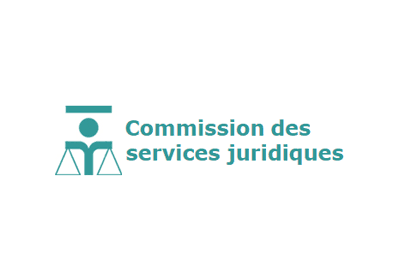
Research Project 21 - Mental Health and Justice - examines the unique situation of people with mental disorders in the justice system. It is particularly interested in the functioning of the Mental Disorders Review Board (MTEC) as the judicial body responsible (among others) for dealing with mental disorders. In fact, the accused brought before the Commission often had to deal with a mental health program of a municipal court (eg PAG-SM in Montreal), the Court of Quebec for institutional guards or the Court. superior for care authorizations.
Doctrinal research shows that the work of the CETM is poorly documented and subject to little legal analysis. We do know, however, that there is a marked difference between Quebec and the other Canadian provinces in this area. The number of verdicts of not criminally responsible for mental disorders rendered each year in Quebec is indeed much greater than elsewhere in Canada. Similarly, research conducted by psychologists and psychiatrists (Crocker et al 2014, 2015) has shown that the severity of the offenses concerned is lower in Quebec and that the proportion of recidivism of accused is twice as high as in Ontario. and in British Columbia. This information shows the specificity of the practice in Quebec and the relevance of documenting it.
The purpose of this research is therefore twofold: first, to document the work of the CETM based on audience observations, interviews with key stakeholders and case law analysis; secondly, to place these research results in their structural context and to offer a useful analysis to the main actors involved.
Researchers
Emmanuelle Bernheim
Researcher
Guillaume Ouellet
Researcher
Pierre Pariseau-Legault
Researcher
Nicolas Sallée
Researcher
Marcio Giuterrez
Student researcherUniversité du Québec à Montréal






